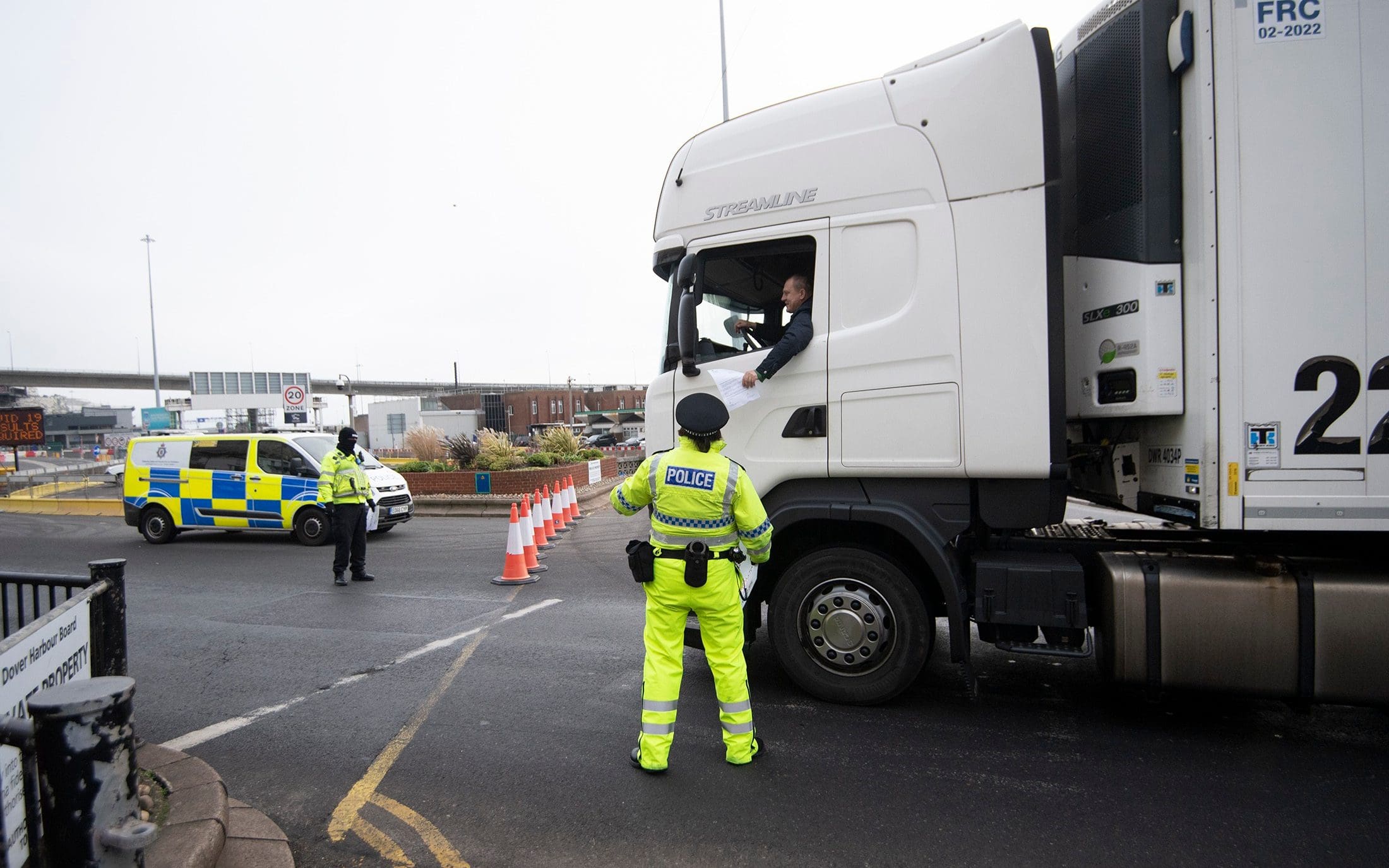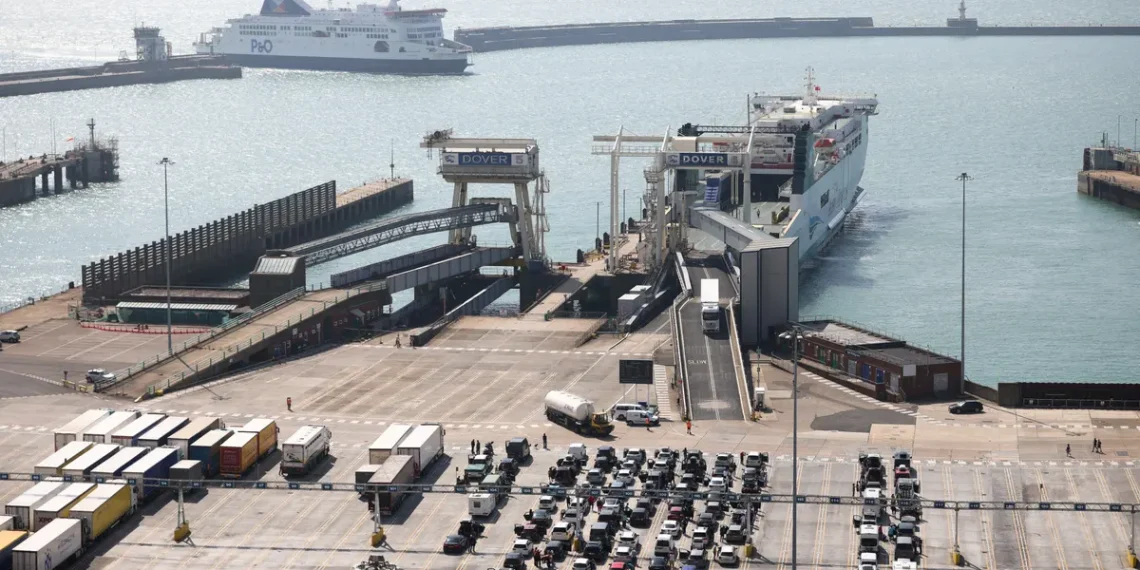Health authorities at the port of Dover in Britain are considering legal action against the government due to concerns over a plan to relocate checks on potentially hazardous foods away from the port. They argue that this move could pose a significant biosecurity risk.
Since Britain’s departure from the European Union in 2020, the country has been implementing a new border system for conducting checks. The government’s proposal, scheduled for April, involves moving spot checks on animal-origin products from Dover to a site 20 miles inland at Sevington.
However, Dover’s Port Health Authority, responsible for overseeing food safety at the port, and a parliamentary committee have raised objections. They argue that there are no guarantees that vehicles selected for checks will actually go to the designated site at Sevington.
This raises concerns that goods could be unloaded before reaching the inspection site, potentially allowing contaminated or illegal foods into the market and increasing the risk of diseases like African swine fever and foot and mouth spreading.
Lucy Manzano, head of the Dover Port Health Authority, expressed firm opposition to the plan, stating that it could jeopardize biosecurity and consumer safety. She emphasized the need for the government to reconsider its decisions or provide clear explanations on how the proposed changes would ensure safety standards.

The Department for Environment, Food and Rural Affairs assured that strict border controls are in place to maintain biosecurity standards. However, ongoing legal proceedings prevent further comment from the government.
The concerns raised by the Port Health Authority are echoed by the Environment, Food and Rural Affairs Select Committee, whose chair has reached out to Minister Steve Barclay regarding the matter.
In response, the government is collaborating with the port of Dover to explore future support options and address the biosecurity concerns raised.





